Why My Move FORWARD Coaching Works For Health & Parenting Challenge
Move FORWARD Coaching: It’s Not Just What I Coach — It’s How I Coach Based on decades of experience, Move FORWARD helps families create lasting change through values-based coaching. The Inspiration Behind Move FORWARD CoachingWhy My Move FORWARD Coaching Works For Health & Parenting Challenge









